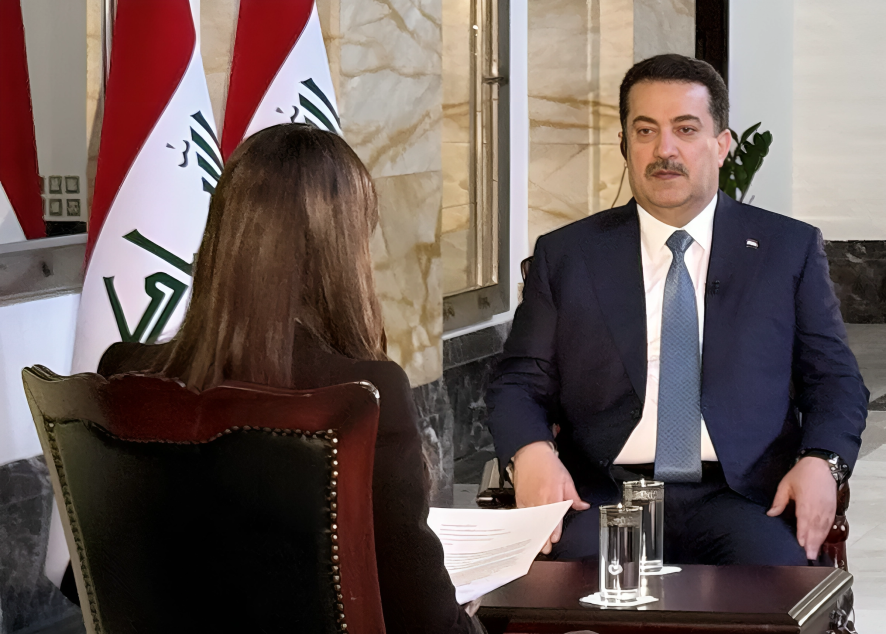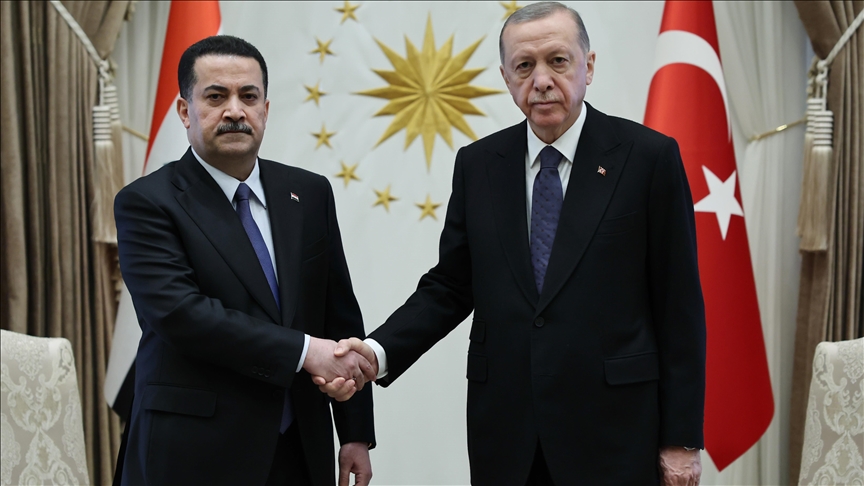Iraq-Türkiye oil pipeline stalled over payment dispute, Iraqi PM says
Iraq-Türkiye oil pipeline stalled over payment dispute, Iraqi PM says
September 18, 2024 05:33 PM GMT+03:00
Iraqi Prime Minister Mohammed Shia al-Sudani has confirmed that the Iraq-Türkiye oil pipeline has been shut down for over a year due to disagreements over how much to pay international oil companies operating in northern Iraq.
Why this matters
The pipeline, which used to move about 500,000 barrels of oil a day, has been a major revenue source for Iraq.
- Its closure is costing the country billions of dollars.
- However, for Iraq, ramping up production again might cause friction with OPEC+, especially with key players like Saudi Arabia, as it would violate the group's production limits.
Iraq-Türkiye oil pipeline stalled over payment dispute, Iraqi PM says
What’s happening?
- Baghdad and the Kurdistan Regional Government (KRG) can’t agree on payment rates. Baghdad wants to pay companies $8 per barrel, while the KRG has been paying $26. This gap is holding up production and preventing the pipeline from reopening.
- Türkiye said in October that the pipeline was ready to restart, but the situation is complicated. Oil companies are also demanding $1 billion in back payments for production between September 2022 and March 2023.
- Iraq’s oil production already exceeds its OPEC quota, hitting 4.32 million barrels per day in August, compared to the 4 million barrel limit. Iraq plans to gradually raise this cap by the end of the year.
Big picture
Iraq is trying to recover from decades of conflict that have crippled its oil sector. Al-Sudani’s government wants to ramp up production, but they’re also looking to the future.
The goal is to reinvest 40% of Iraq’s oil revenue into other sectors of the economy. There’s also a big vision of creating a trade route from Basra to Türkiye and Europe – a project al-Sudani called "a dream" for the country.
September 18, 2024 05:33 PM GMT+03:00

